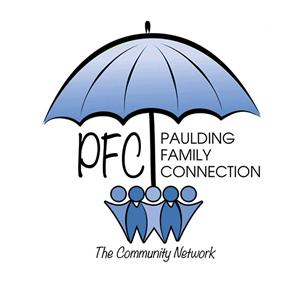“13 Reasons Why”: What Parents Need to Know
“13 Reasons Why” is a trending Netflix series based on a young adult novel of the same name. The series revolves around 17-year-old Hannah Baker, who takes her own life and leaves behind audio recordings for 13 people who she says in some way were part of why she killed herself. Each tape recounts painful events in which one or more of the 13 individuals played a role.
This series graphically depicts a suicide death and addresses in wrenching detail a number of difficult topics, like bullying, rape, drunk driving and slut shaming. It also highlights th consequences of teenagers witnessing assaults and bullying and not taking action to address the situation. Suicide prevention experts believe the series sensationalizes youth suicide.
Guidance for Families
1. Ask your child if they have heard of or seen the series. While it is not recommended they be encouraged to view the series, do tell them that if they want to watch it, you do it together.
2. If a child has exhibited any of the warning signs, don’t be afraid to ask if they have thought about suicide or if someone is hurting them.
MYTH: Talking about suicide will make someone want to commit suicide who has never thought about it before.
FACT: There is no evidence to suggest that talking about suicide plants the idea. Talking with your child about how they feel and letting them know that you care about them is important. This is the first step in them getting help.
3. Ask your child if they think their friends or classmates exhibit warning signs. Talk with them about how to seek help for their friend or classmate. Guide them on how to respond when they see or hear any of the warning signs.
MYTH: People who talk about suicide won’t really do it.
FACT: People, particularly young people who are thinking about suicide, typically demonstrate warning signs. ALWAYS take these warning signs seriously.
4. Listen to your children’s comments without judgement. Doing so requires that you fully concentrate, understand, respond and then remember what is being said.
MYTH: People who struggle with depression or other mental illness are just weak.
FACT: Depression and other mental illnesses are serious health conditions and are treatable.
5. Get help from a school employed or community based mental health professional if you are concerned for your child’s safety or the safety of one of their peers.



